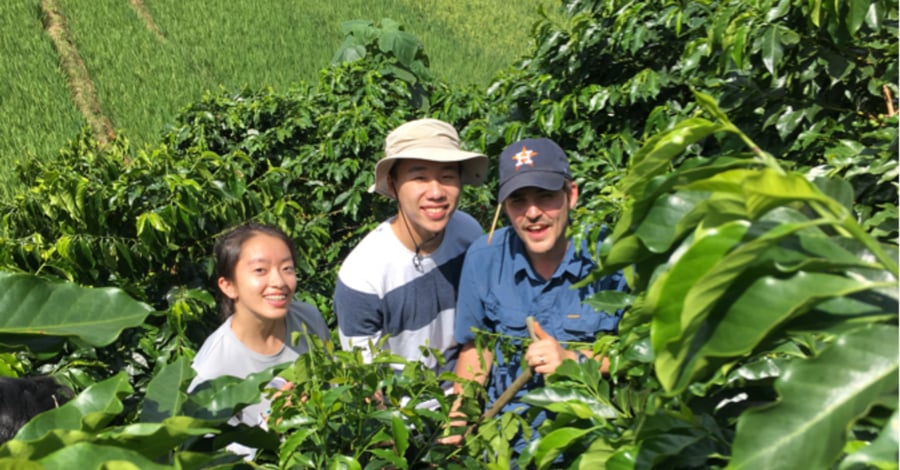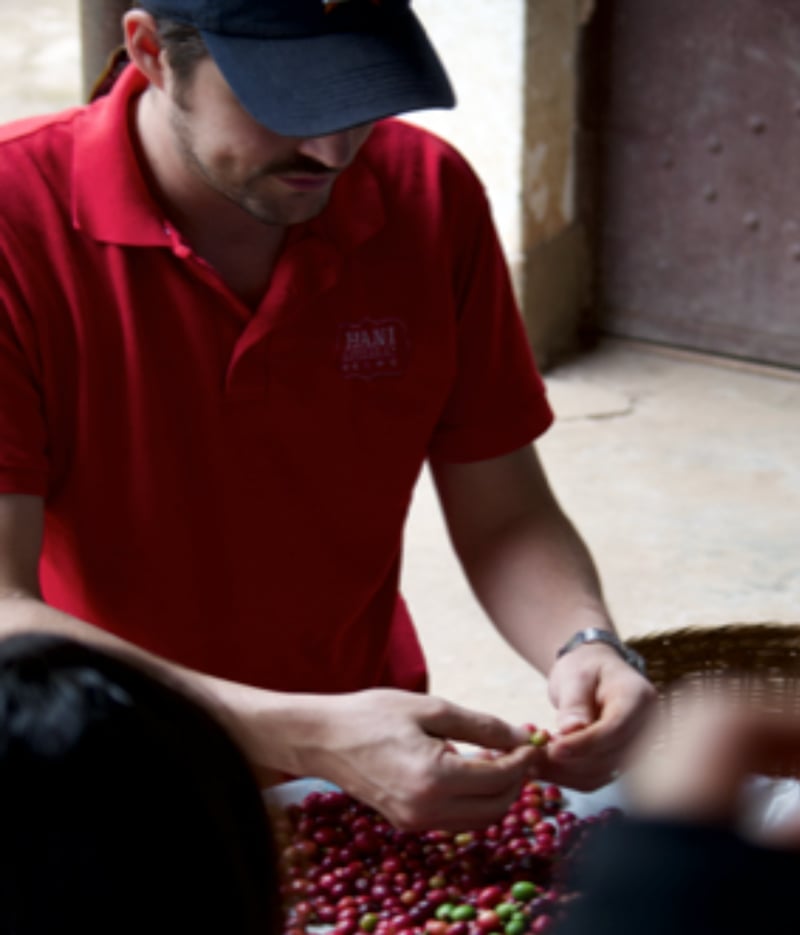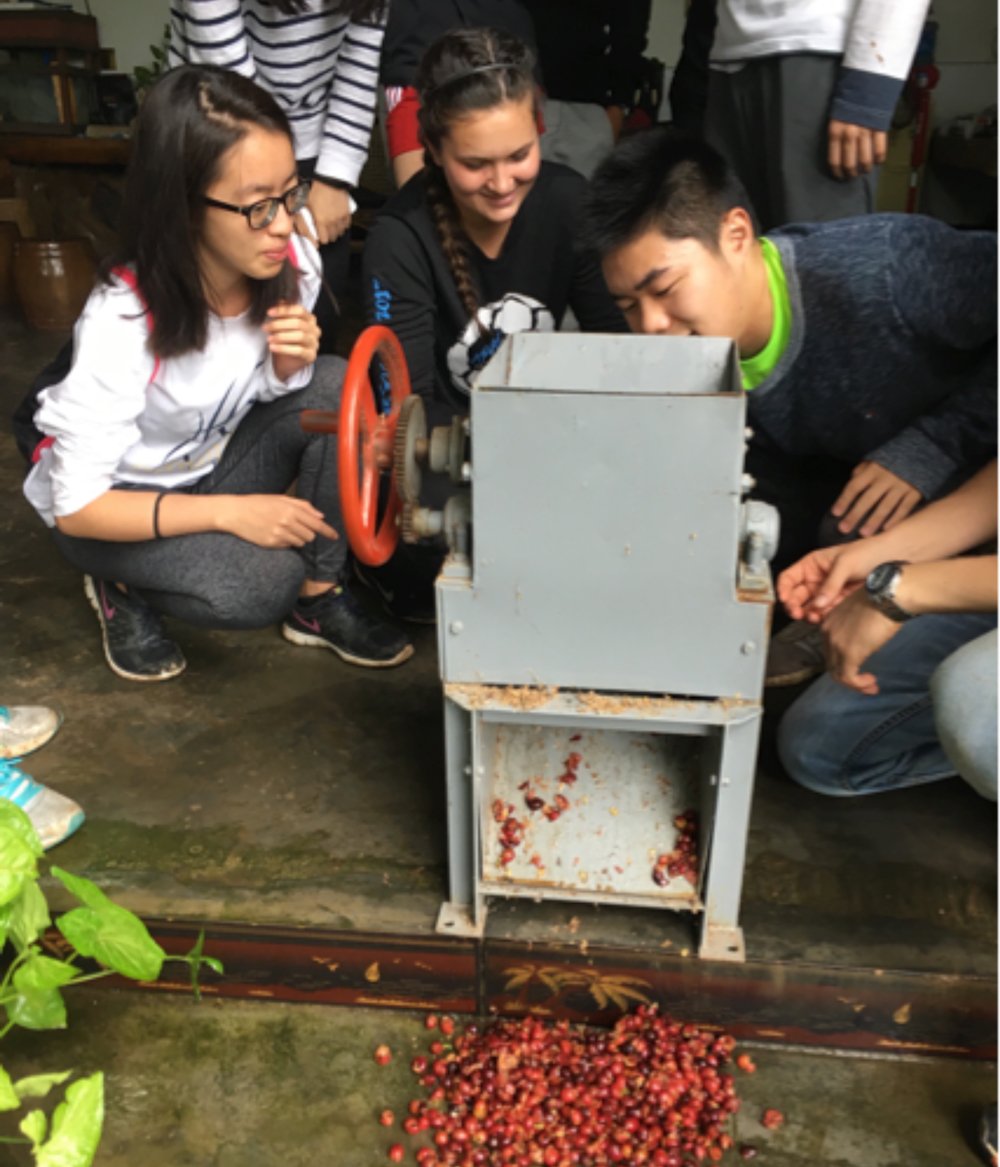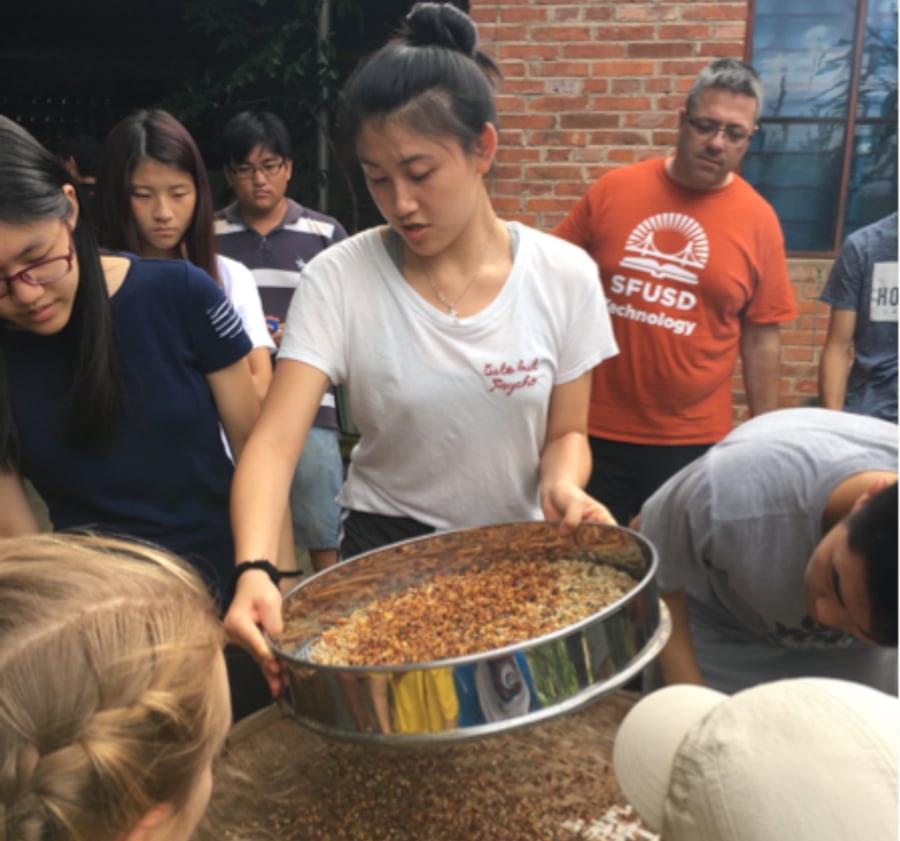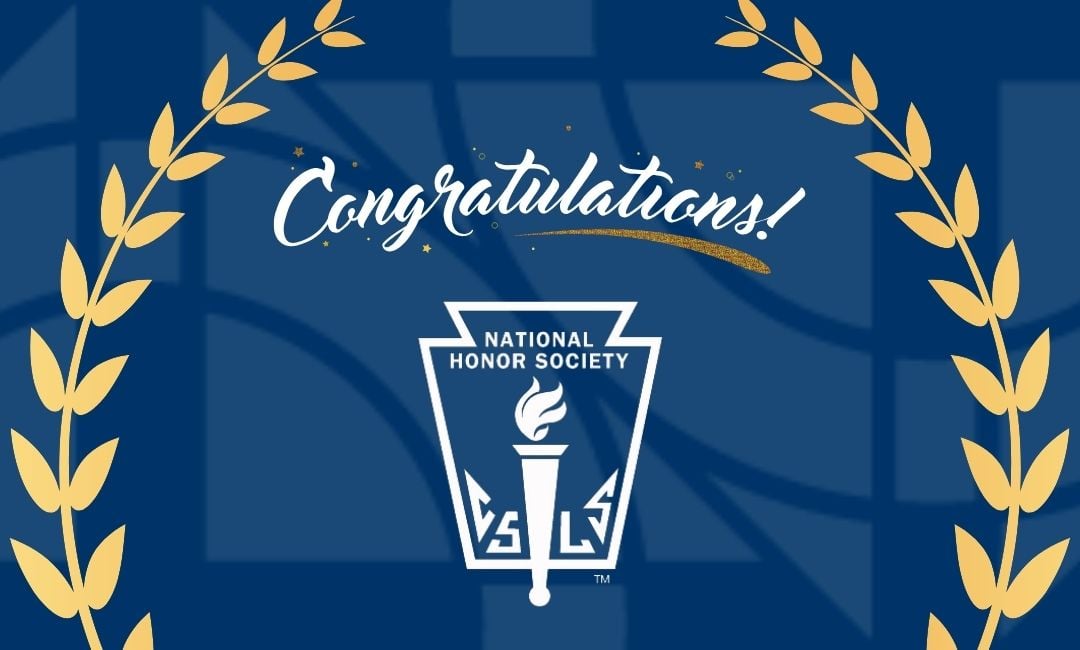The Coffee Business from the Ground Up
During our TrIBES to Yunnan, we gained an understanding of the supply chain for Third Culture Coffee Roasters. We learned the entire process of coffee from bean to cup: picking, sorting, processing, roasting, and different brewing methods such as AeroPress and the French Press. We also conducted soil sampling to help the farmers better understand the quality of the soil their coffee is grown in. Finally, we learned about how a social enterprise operates through Hani Coffee Co. and established our own social mission and values.
Gathering Insights from Industry Professionals
We met amazing people in Yunnan who connected us with an in-depth view of the coffee industry in China. We met with Tim Heinze, the owner and CEO of Hani Coffee Co., our green bean supplier. We also met with many local coffee farmers and had the unique opportunity to interview them to learn more about their lives and how we, as a social enterprise, can benefit them. The people we met gave us a better understanding of the coffee production process and the Yunnan farmers’ importance in the Chinese coffee industry.
Taking this knowledge back to the classroom
What we learned in Yunnan is reflected in the classroom of our social entrepreneurship class. This is what makes our TrIBES unique. Because the Social Entrepreneurship class is linked to this TrIiBES, we apply the skills and knowledge to our classroom learning on a daily basis.
Holding true to core values
This TrIBES experience gave us knowledge in coffee, which enabled us to talk about our products in more detail. Our social mission and values were created during our TrIBES, and they have been the main influences behind the decisions we make for our social enterprise. Additionally, a deeper understanding of our supply chain helps us to refine the information on our website and labels, allowing us to foster an appreciation for the complexities of coffee production for our customers.
Meeting the farmers gave us insights into their lives and we had the opportunity to understand their pains and gains, which is important to us because that understanding is how we can best create social impact.
